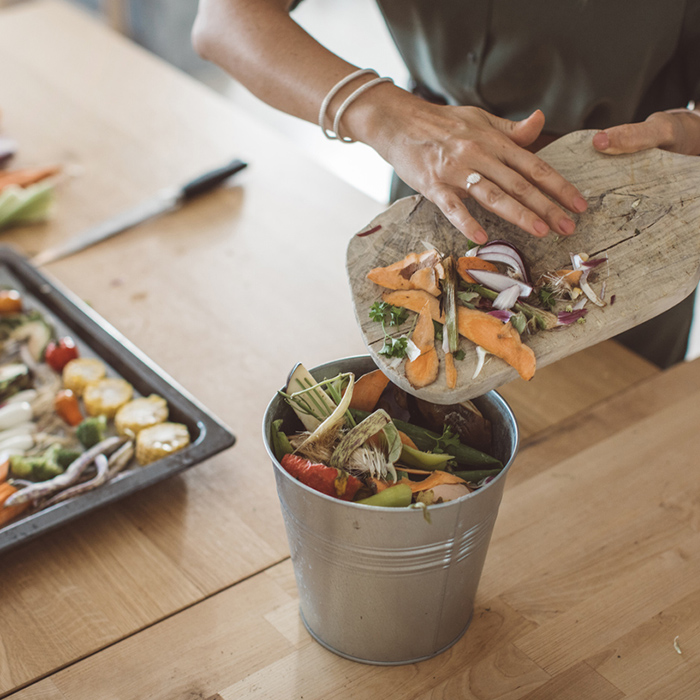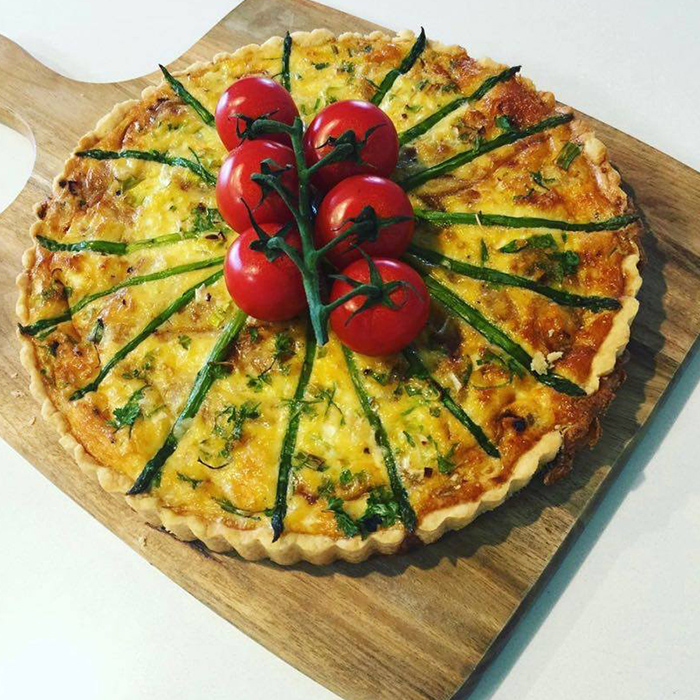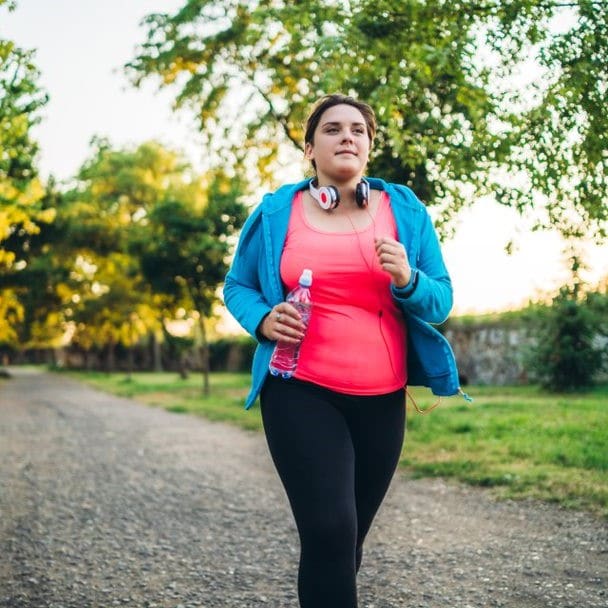5 Key Messages
We have made it easy for you to make healthier lifestyle choices by adopting the Country Kitchens 5 key messages.
Our Country Kitchens team of Dietitians/Nutritionists work with volunteer QCWA Branch Facilitators, state wide, engaging communities to participate in a variety of fun-filled activities, learning nutrition basics and cooking delicious, healthy meals.
Every activity promotes one or more of the programs 5 key messages.
5 ways to improving your health
By adopting the Country Kitchens 5 key messages you’ll see how easy it is to make healthier lifestyle choices.
QCWA members who are trained Branch Facilitators, bring these messages to their communities through a range of localised activities.

Check your portion size
Get more fruit and vegetables into your meals
Incorporating more vegetables and fruit into each meal is a great way to improve you and your family’s health. Research shows that the more veggies we eat, the lower our risk of developing heart disease, stroke and cancer. But Queenslander’s aren’t eating enough.
Only 8% of adults and 4.6% of children are eating the recommended 5 serves of vegetables each day. We are better at eating fruit but still many of us don’t eat 2 serves of fruit each day. Our Healthy Cooking Guidelines provide all serve sizes recommended in the Australian Dietary Guidelines Summary.
Fruit and vegetables are a great source of minerals and vitamins, dietary fibre and a range of phytochemicals.


Cook at home
By choosing to cook at home you can easily ensure you and your family is eating the right amounts of vegetables and fruit each day.
Cooking at home is rewarding and doesn’t have to be a gourmet exercise. Search our simple, healthy, and delicious recipes via the button below. Or use your own recipes and test yourself by adding more fruit or vegetables.
In a society where convenience is a priority, our preference for choosing to eat meals not prepared at home is growing. Unfortunately, foods that are readily available and heavily advertised are often discretionary foods. Discretionary foods are those high in saturated fat, added sugars and added salt and alcohol.
By cooking at home, you are controlling the ingredients; particularly the amount of fat, sugar and salt going into your meals, providing healthier meal options for you and your family.
Check your portion size
Food and drink portions have increased dramatically over the past 25 years—the age of super-sizing. The health cost for upsizing food serves is huge.
Just 32% of Queensland adults are within the healthy weight range and 25% of Queensland children were in the overweight and obese range, according to the 2020 Report of the Chief Health Officer Queensland.
Larger portions often have more kilojoules. Here are some tips for checking your portion sizes:
- ½ of your plate should be vegetables (think variety and colour)
- ¼ of your plate should be good-quality carbohydrate rich food—such as potatoes or wholegrain cereals such as wholemeal pasta, brown rice, oats, quinoa
- ¼ of your plate should have food sources of protein, like lean meat, poultry, eggs or legumes.


Be aware of sugar in your drinks
Sugar in drinks continues to be a major health concern, particularly for children and youth. Sugar sweetened beverages can lead to tooth decay and excessive weight gain. Added sugars include white sugar, brown sugar, raw sugar, honey and syrups to name a few.
Limit your intake of beverages such as soft drinks, vitamin waters and fruit drinks.
Water is always the best option!
For healthy drink recipes try our Snacks and Entertaining list from the recipe page below.
Sit less, move more
Being physically active every day is important for the health of all, no matter your age or ability. It gives you more energy, increases self-confidence and can help increase bone strength.
The National Physical Activity Guidelines recommend we need 30 minutes of moderate physical activity every day. Moderate intensity activities include brisk walking, digging in the garden, mowing the lawn; or medium paced cycling or swimming.
Aim for at least 30 minutes of physical activity every day.

